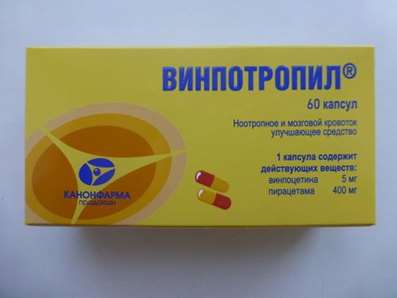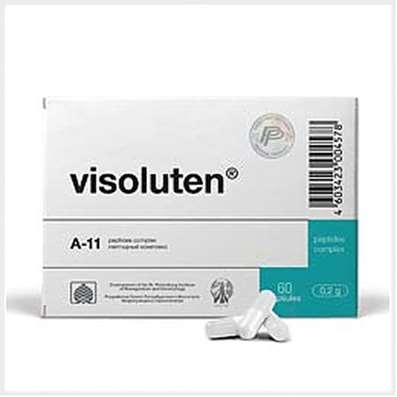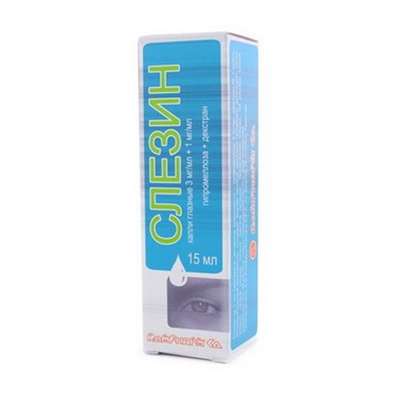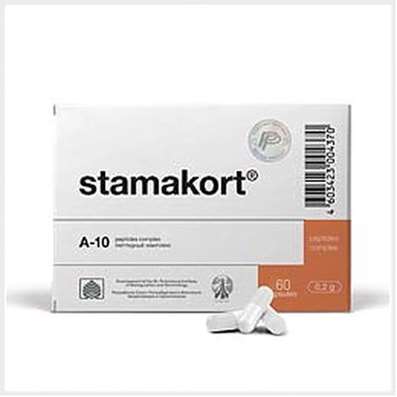The immune system
05 Dec 2016
Immunologist Dr. Doping about innate and adaptive immunity, anti-tumor and effect of antibodies against pathogens.
What is the immune system? This is a very ancient evolutionary thing that occurred in nature to the division of plants and animals in the kingdom, as in plants has its own system of immunity, and, of course, it is in animals. The main function of this system - protection against invasion from without, that is, protection against infections, infestations of parasites, bacteria. To this can be attached, and the response to allergens - it is also one of the parts of the immune system, but the priorities of the immune system - to deal with someone else.
For this purpose, in the immune system, there are many branches, and in particular, the whole immune system can be divided into innate and adaptive or acquired. They are distinguished by a very simple criterion: the innate immune system does not require any training the immune system, she saw someone else (and how she sees - this is another story), responds immediately, but in innate immunity has no concept of memory as to any new invasion would be responsible the same as the previous one. The adaptive immune system - a new thing in evolution, because he and adaptability that is adapted to the invasion of the parasite, the host begins to react. The first time he responds slowly and weakly, and the repeated contacts it has already trained its receptors tuned to this kind of invasion, and the owner responds stronger and more effective. These are the two branches of the immune system.
To improve immune system – buy Actovegin, IRS 19, Ladasten, Timusamin and Semax.
The immune response develops in special organs of immunity - in the lymph nodes and spleen, but that these bodies were filled with cells of the immune system, they need to do. And they come from the same source - the bone marrow. In the bone marrow of animals from precursors are born all cell types of the immune system, some already ready for operation as, for example, cells such as neutrophils, leaving the blood from bone marrow monocytes, which go into the blood from the bone marrow and then can be converted into organs in macrophages, other cell type phagocytosis. And there are, of course, lymphocytes, just mainly engaged in (almost all kinds of lymphocytes, but not all) of the adaptive phase, and they are trained. This is especially true of cells such as T lymphocytes, which, coming from the bone marrow, enter the central authority of another immune system - thymus.
Thymus - this is such a thymus gland, an education that is at the heart, directly in mediastinum, and there happens quite remarkable for its subtlety and precision of the work for the selection of T-lymphocytes for later function as the cells of the immune system. There annihilated all lymphocytes that react too strongly on their own, because of the bone marrow cells are located, and which can react on their own, and foreign. But in the thymus is negative, the negative selection of T cells that can react too strongly on their own, and those T-cells that recognize foreign bad. And die in the thymus to 95% of incoming cells. The remaining 5% are located on the periphery of the lymphatic system, colonize spleens and lymph nodes and are there ready to accept the incoming signal from the cells that initially are contacted, such as microbes, viruses, and then deliver this material to lymphocytes that begin or produce antibodies, if B-lymphocytes, or phagocytes in direct contact with and produce a variety of mediators of immunologically active molecules, host help combat parasite. And to some extent, such a system appears in the evolution of some fishes and a constantly improving, comes to higher mammals, particularly humans. In lower animals and plants immune system is arranged differently, and there is a natural immunity is more important than adaptive. We are approximately equal.
Of course, not to mention the immune system function such as the fight against tumors. Hardly born evolutionarily as directly primarily desired function. Rather, the evolution of all selects all that useful. Most likely, the system that was worked out to deal with a stranger, was to some extent ready to fight with her, which was reborn. This is the fight against tumors. In this aspect, there are cells of innate immunity, the so-called natural killer cells (or natural-killers) - a cell that can react with tumor cells directly and destroy it. And there is an adaptive system cells, some T cells, and it is a big and important part, it is able to destroy the tumor, gaining immunity to the tumor antigens. This, however, is not as efficient as immunity against microbes but nonetheless apparently makes us in many cases without the intervention of medicine. Just a built-in mechanism.
Immunity works with different types of pathogens in different ways. If extracellular pathogens - and this, for example, a commonplace for us all streptococci, staphylococci, intestinal infections, - that work there primarily cells of innate immunity, which simply phagocytose and destroy microbes and produce antibodies B-lymphocytes. This adaptive immune system cells, and their main functions - are antibodies to pathogens. And there are, of course, a very large group of intracellular pathogens, primarily all the viruses. In the second place it is quite a few types of bacteria and protozoa. In particular, these include Mycobacterium tuberculosis (the subject of my specialty), which antibodies do not work at all, because most of the life cycle they are inside the host cell, so to get there from the outside simply can not. Or even attempt to neutralize these pathogens the disease, methods which are suitable for extracellular bacteria, lead to unpleasant consequences.
In particular, the excessive influx of neutrophils into the hearth of intracellular infections can cause purulent inflammation, but it will not be able to cope with the microbes that sitting, for example, within macrophages, even in the sizes exceeding the neutrophils, which can not absorb them simply by definition. But the primary phagocytosis is very, very effective against fast-acute conditions, where it is absolutely necessary. The main active principles of immunity - phagocytes, lymphocytes and their products - the antibody cyto-gene activating other cells in the immune system consists of accessory molecules. For example, there is a complement system, which helps the toxic action of antibodies against pathogens.
What else are two of the immune system? They are very different to those receptors that are recognized by the invasion. The cells of innate immunity are on the surface of several families of receptors that directly see the pathogen. And the cells of the adaptive immune system are very complex receptor system, which, in the development of infection undergo complex structural changes and are specific to this type of infection.
Immunology is developing very rapidly, and, in addition to the inevitable in science such aspects as the description of new molecules that attempt to classify everything, what science has always sinned, there are real breakthroughs. In particular, we are only now beginning to gradually, after the work of the 1990s and 2000s, to understand how to construct a link between the ancient innate immunity and much more evolutionarily new adaptive. It is now probably one of the hotspots of immunology: the signals from one system of recognition go to another system of recognition and how it is all orchestrated in concert works against diseases.

 Cart
Cart





